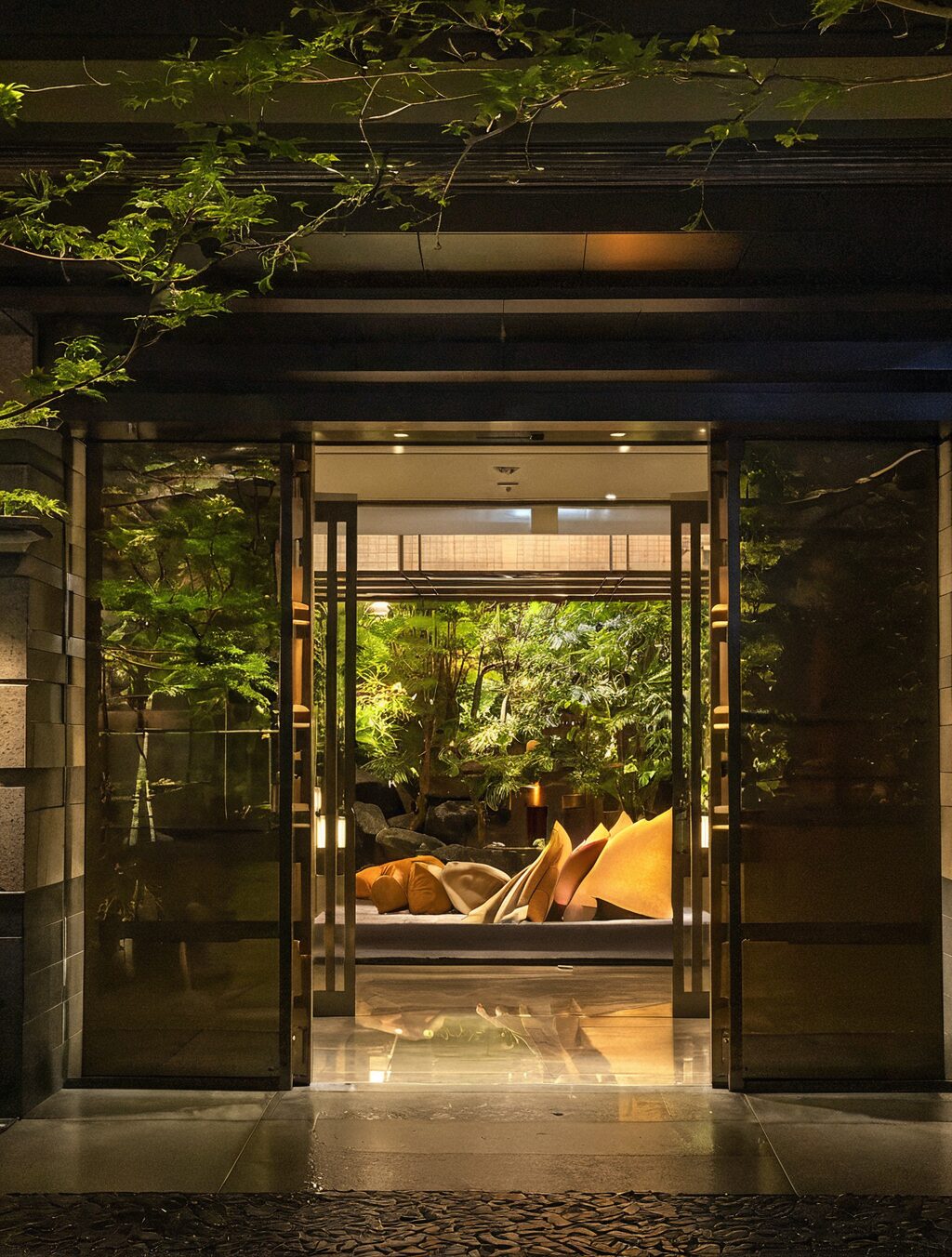Hotel Doors in Japan – A Unique Perspective from the UK
Win a Free Trip to Japan!
Experience cherry blossoms and ancient temples
Japan is a land of contrasts, where ancient traditions blend seamlessly with modern innovations. This is reflected in the country’s hotels, which often feature a mix of traditional and contemporary design elements. One of the most noticeable features of Japanese hotels is their doors. Unlike the standard swinging doors found in most Western hotels, Japanese hotel doors are typically sliding doors made of wood or paper.
Here are some of the reasons why sliding doors are so common in Japanese hotels:
- Sliding doors are easy to open and close, even for guests with limited mobility.
- They can be used to create a sense of privacy or to open up a room to the outdoors.
- They can be made from a variety of materials, including wood, paper, and glass, which allows them to be customized to match the décor of any room.
In addition to sliding doors, Japanese hotels may also have other types of doors, such as:
- Fusuma doors: These are traditional Japanese doors made of wood and paper. They are typically used to separate rooms or to create a sense of privacy.
- Shoji doors: These are similar to fusuma doors, but they are made with translucent paper, which allows light to pass through them. They are often used to create a sense of openness and to connect indoor and outdoor spaces.
- Byōbu doors: These are folding screens that can be used to divide a room or to create a sense of privacy. They are often decorated with beautiful artwork.
The type of door that is used in a Japanese hotel will vary depending on the style of the hotel and the purpose of the room. However, all of these doors are designed to create a sense of comfort and privacy for guests.
FAQs:
- What are the different types of doors found in Japanese hotels?
- Sliding doors, fusuma doors, shoji doors, and byōbu doors.
- Why are sliding doors so common in Japanese hotels?
- They are easy to open and close, can be used to create privacy or open up a room, and can be made from a variety of materials.
- What is the purpose of fusuma doors?
- To separate rooms or create privacy.
- What is the purpose of shoji doors?
- To create openness and connect indoor and outdoor spaces.
- What is the purpose of byōbu doors?
- To divide a room or create privacy.
Japanese hotel doors are a unique and important part of the country’s hospitality industry. They are designed to create a sense of comfort and privacy for guests, and they can also be used to add a touch of traditional Japanese style to a room.
